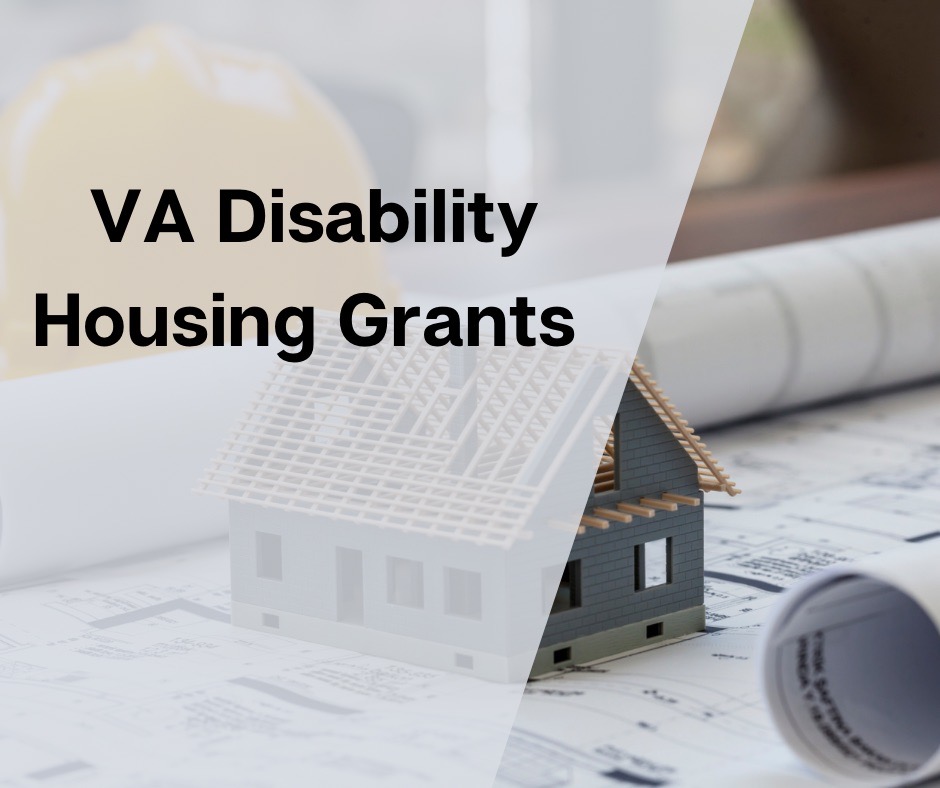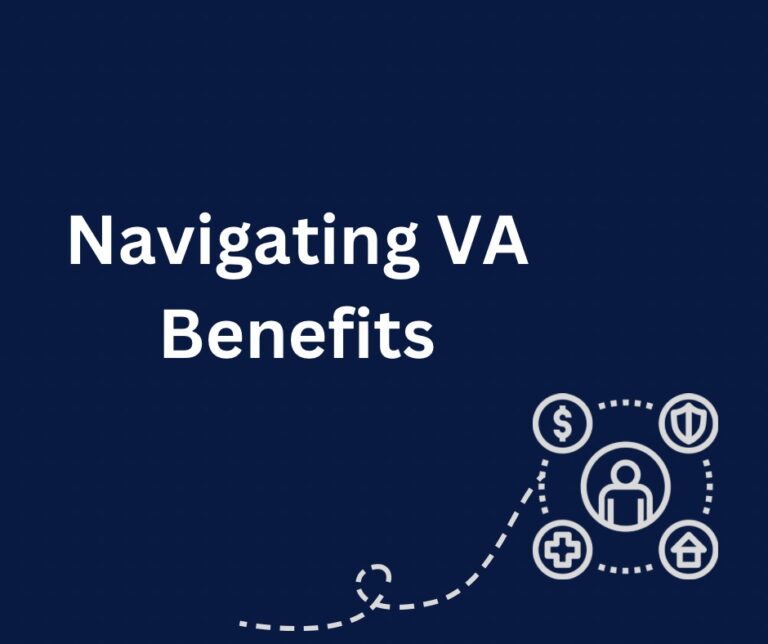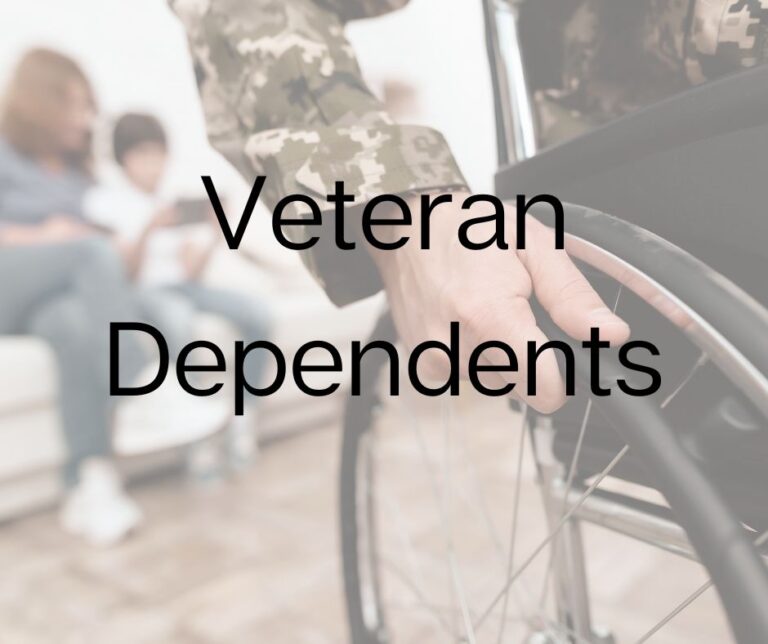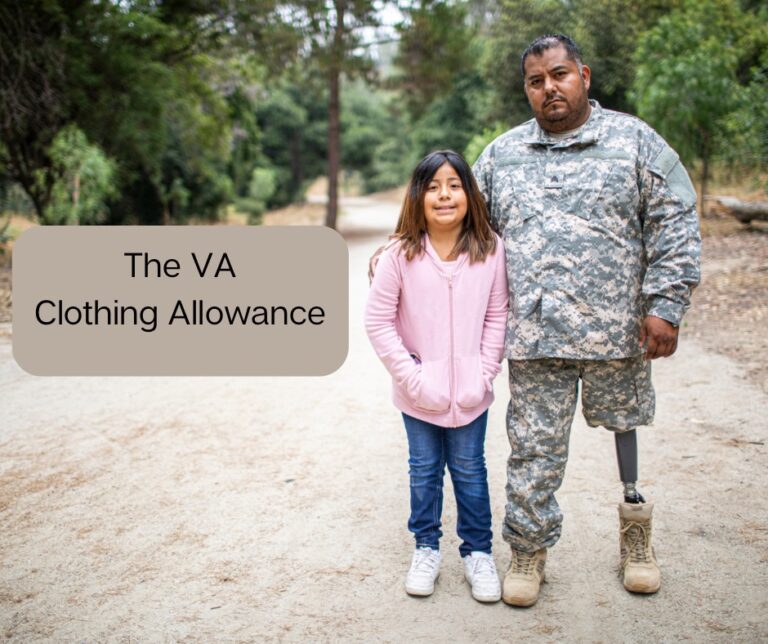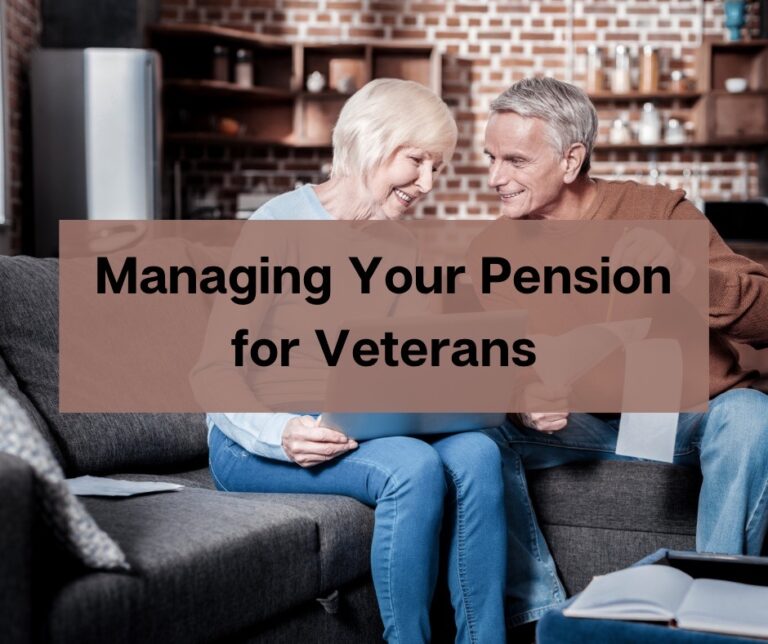VA Disability Housing Grants
The VA offers disability housing grants to Veterans who qualify in order to secure the Veteran a better quality of life. With the housing grant, Veteran are able to either buy a home to meet their needs, or modify their current home. The grants are primarily concerned with accessibility for the Veteran in order to help them live more independently.
There is more than one type of housing grant available to Veterans. The Special Adapted Housing program has three different grants. The VR&E has one grant. Finally, the VA Rehabilitation and Prosthetic Services has a Home Improvement and Structural Alterations (HISA) grant program. We will look at all of these different grants, what it takes to qualify, and which grant might be a better fit depending on each particular Veterans disability.
Specially Adapted Housing (SAH) Grant
The Specially Adapted Housing grant program is first. This program offers up to $101,754 for FY 2022. However, there are certain qualifications to be eligible for the grant.
First, the Veteran owns the home or is purchasing the home to live in. Second, the Veteran must have a qualifying service-connected disability as described below:
Qualifying Disabilities:
- Loss of use of more than one limb
- Loss or loss of use of a lower leg along with the lasting effects of a natural disease or injury
- Blindness in both eyes (visual acuity of 20/200 or less)
- Certain severe burns
- Loss or use of one lower extremity (leg or foot) after Sept 11, 2001, which makes it so that the Veteran cannot balance or walk without the aid of braces, crutches, cane or wheelchair.
SAH Uses
Veterans may utilize the SAH grant in a number of ways. Veterans can use it to adapt a home that they currently owns. They can use it to adapt a home that a family member owns if that is where the Veteran will be living. They can adapt a home that the Veteran or a family member will purchase. The Veteran could also purchase a home that already has adapted special features the VA has determined as necessary. Finally, they may pay down on the unpaid balance the home.
SAH Information
Note that only 120 Veterans who have lost ONE extremity after Sept 11, 2001 can qualify per fiscal year. If you qualify for the grant but don’t receive it due to the cap being reached, you may be able to use the benefit in a future fiscal year.
The maximum amount of the SAH grant for FY2022 is $101,754.
Special Home Adaptation (SHA) Grant
The Special Home Adaptation grant is a lesser amount 0f $20,387 for FY2022. The grant is designed for Veterans who have certain qualifying service-connected disabilities.
- Loss or loss of use of both hands
- Blindness in both eyes with a central vision acuity of 20/200 or less
- Certain severe burns
- Certain respiratory or breathing injuries
SHA Uses
The SHA grant can be used in the same manner as the SAH grant. Veterans can use it to adapt a home that they or a family member already own, or that they or a family member will purchase. In addition, Veterans can use it to reduce the unpaid balance on a home that already has adaptations with the features the VA deems necessary.
Temporary Residence Adaptation (TRA) Grant
The TRA grant is designed to assist Veterans who are living temporarily in a home owned by a family member. In this instance, the VA defines family as a person who is related to the Veteran by blood, marriage or adoption.
The requirements for qualification are the same as for the SAH and SHA grants. To put it another way, a Veteran must be eligible for either the SAH or the SHA grant in order to be eligible for the TRA grant.
The maximum amount of the TRA grant is based upon which other grant program a Veteran is eligible for.
Veterans qualifying for the SAH grant can receive up to $40,983 for FY2022.
Veterans qualifying for the SHA grant can receive up to #7,318 for FY2022.
SAH, SHA, and TRA Grant Information
Veteran do not have to use all of the funds they are eligible for at once. However, they can only use the grant up to three times and up to the maximum dollar amount available. For example, say a Veteran qualifies for the SAH grant at $101,754 this fiscal year and only needs $60,000 to modify their home. That leaves $41,754 available to them for future modifications to their home. This remainder can then be used in a future year for further modifications to the home if and when they are required. However, bear in mind as mentioned above that the Veteran is only allowed to utilize the grant three times.
Note that the maximum amount for each loan increases each year to account for increased building costs. This means that the Veteran referenced in the above example would actually have a little bit more on balance that they can use due to the maximum amount being increased.
Personalized Service
VA Loan Guaranty Service administers the SAH program. The VA is known for personalized service in the SAH program. When a Veteran has received entitlement for either SAH or SHA, an agent from the local Regional Loan Center will personally meet with the Veteran in their home to discuss the Veteran’s needs and help them through reaching final grant approval. At this time the agent will also be able to conduct an assessment of the Veterans living conditions including the interior and exterior of the house and conduct a feasibility study. The SAH agents are experts in adapted housing and will also work with the architect and builder to ensure the job is done correctly.
SAH Process
Veterans can apply for the grant online through the VA website. Alternatively, they can download the VA form 26-4555 and send it in by mail. As with all VA benefits, the Veteran will be notified by mail if they are approved.
If they are eligible for the grant, an assigned SAH agent will make contact to determine a good time for an initial interview. The process includes making determinations of the feasibility for the Veteran to reside outside of a medical facility once the adaptations are made as well as their financial ability to maintain the property. The agent will also conduct a property feasibility study to ensure that the house or property is suitable for the adaptations.
The VA published a Guide of Specially Adapted Housing and Special Housing Adaptation Projects in 2019. Please click HERE to download the guide.
Housing Improvements and Structural Alterations (HISA)
This grant is administered through the VA Healthcare system and is part of the Rehabilitation and Prosthetic Services. It is designed to provide medically necessary improvements to a Veteran’s house for several purposes including:
- Allowing entrance or exit from their home
- Essential lavatory and sanitary facilities (roll in showers, etc)
- All access to kitchen / bathroom sinks and counters
- Improve entrance paths / driveways to facilitate permanent ramps
- Improve plumbing / electrical systems for home medical equipment
Eligibility
The Veteran’s doctor determines the need of the medical need for improvements. The application for the grant must include a prescription written or approved by a VA doctor. Veterans can find more information on applying for the grant on the VA’s website.
Those Veterans who have a service connected condition requiring improvements/alterations may qualify for a lifetime benefit up to $6,800.
Veterans with a non-service connected condition which is rated at least 50% service-connected are also eligible for a lifetime benefit of up to $6,800.
Veterans who have a non-service connected condition may be eligible for a lifetime benefit of up to $2,000.
Veteran Readiness and Employment
Finally, the VA Veteran Readiness and Employment (VR&E) program may be able to assist Veterans with a VR&E home adaptation grant. This grant is for Veterans who are enrolled in the VR&E program and is designed to improve a Veteran’s ability to live as independently as possible. In order to be eligible for the grant, a Veteran must be eligible for VR&E benefits and:
- Have a serious employment handicap
- Have disabilities which prevent looking for or returning to work
- Need services to live as independently as possible
If a Veteran meets the eligibility requirements, their VR&E Counselor can assist them in applying for the home adaptation grant.
Final Thoughts
We receive phone calls every week from Veterans who want to know who to talk to for accessibility options like ramps of a walk in bathtub. These five sources provide several different options for Veterans in need of this type of assistance.
As always, if you have any questions or comments, you can drop them in the comment section below or email us at info@nwavet.org and we’ll be happy to get back to you as quickly as possible. Follow us on Social Media to stay up to date and see new opportunities to interact with your fellow Veterans.
God Bless,
NWAVet

